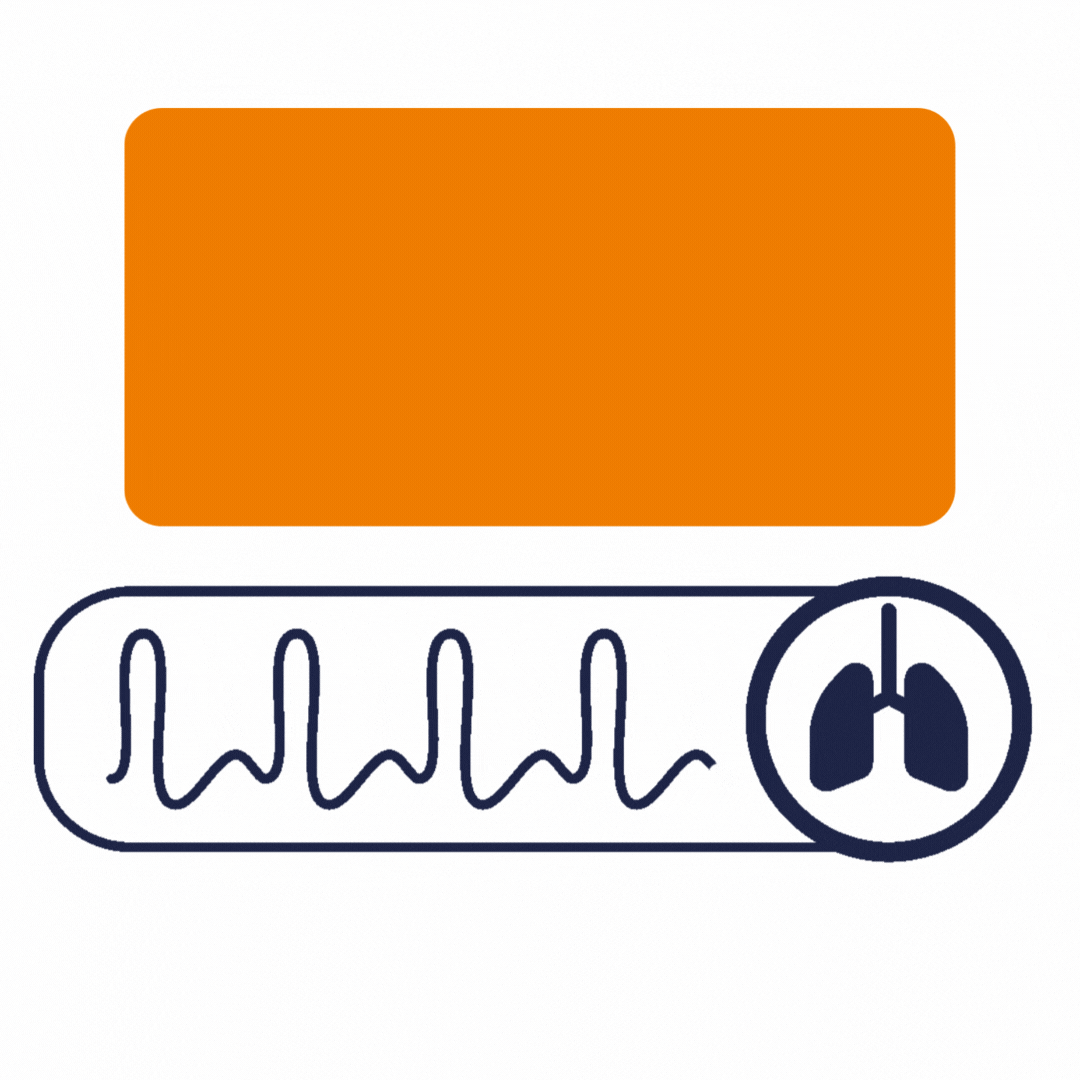Understanding COPD: Why It’s Important for Recovering Addicts to Take Action

By Stephanie Chilton -
Do you know your lung function? Have to be honest, I don’t. But after researching for this blog post I intend to find out!
World COPD Month is organized by the Global Initiative for Chronic Obstructive Lung Disease (GOLD) to spread the word about awareness, prevention, and treatment.
So What Is COPD?
Chronic Obstructive Pulmonary Disease (COPD) is a serious lung condition that affects millions of people worldwide. It leads to difficulty breathing, frequent coughing, wheezing, and shortness of breath. As the disease progresses, it can severely limit your ability to perform daily tasks and could even lead to heart failure.
The Link Between Addiction and COPD
If you've spent years smoking, vaping, or using substances that irritate the lungs, you are at a much higher risk of developing COPD.
Smoking is the leading cause of the disease, and even if you’ve quit, the damage may still catch up with you. Many people with a history of smoking don't develop symptoms until they are in their 40s or 50s.
Even if you've stopped using substances, the damage to your respiratory system can still be significant.
Why You Should Get Your Lung Function Checked
COPD can often go unnoticed in its early stages. Many of the symptoms are easy to dismiss. Early treatment can slow the progression of COPD, improve your quality of life, and reduce your risk of severe complications.
How to Get Checked
The first step in getting your lung function checked is to schedule an appointment with your doctor. They will review your health history, symptoms (like shortness of breath, wheezing, or chronic coughing), and risk factors. If your doctor believes there’s cause for concern, they will recommend tests.
Spirometry Test
One of the most common ways to check lung function is a spirometry test. This measures how much air you can inhale and exhale, and how quickly you can exhale.
Procedure: You’ll be asked to take a deep breath and blow out as hard and fast as possible into a tube connected to a machine called a spirometer.
What it measures: Spirometry measures the amount of air you can exhale after a deep breath and the amount of air you can blow out in one second.
Peak Flow Meter Test
A peak flow meter is a handheld device that measures how fast you can exhale. It’s often used to monitor lung function in people with asthma, but it can also detect changes in lung health over time. Your doctor may recommend this if they think you might have asthma or another respiratory condition.
Chest X-ray or CT Scan
If your doctor suspects COPD or lung disease, they may recommend imaging tests such as a chest X-ray or CT scan. These provide a detailed image of your lungs and can help identify signs of lung damage or scarring.
Blood Tests
Your doctor may also order blood tests which measure the levels of oxygen and carbon dioxide in your blood. This can show if your lungs are supporting your body's oxygen needs well enough.
Home Monitoring
There are portable spirometers and peak flow meters available for home use. While these aren't a substitute for a full medical evaluation, they can help you monitor your condition and detect any changes that may warrant a visit to your doctor.
Take Action Today
If you're over 40 and have a history of smoking or addiction, speak with your doctor about getting tested. Don’t wait until it’s too late — take action now to protect your lungs and your future.
At Mature Allure we believe that the wisdom you’ve gained over the years is your greatest asset and should be shared with the world. We would love to hear from you in the comments below if you have experience with COPD and addiction.








